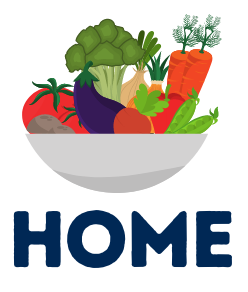MYTH 1: Hunger and food insecurity are the same thing.
FACT: Although hunger and food insecurity are closely related, they are distinct concepts. Hunger refers to a personal, physical sensation of discomfort, while food insecurity describes a household’s inability to provide enough nutritious food for every person to live an active and healthy life. Individuals and working families across America face countless situations that can result in food insecurity and hunger; for example, lay-offs at work, medical/dental expenses, unexpected car maintenance or other unforeseeable circumstances can suddenly force a family to choose between buying food and paying bills.
MYTH 2: People who are food insecure cannot be overweight or obese.
FACT: Contrary to popular belief, food insecurity and obesity can, and often does, affect the same individuals. Food insecure people are at a higher risk for obesity because of limited income, limited resources, and limited access to healthcare. Finding affordable and healthy food options can be challenging for people who must choose between food they can afford and food that is nutritious.
MYTH 3: It’s easy to spot people who are food insecure.
FACT: There is no single face of food insecurity! One common misconception is food insecurity only impacts those who are experiencing homelessness or unemployment. This is not true! Food insecurity does not discriminate. One “bad month” can be enough to plunge a household into food insecurity making it a challenge to stretch its dollars far enough. Some people might be experiencing food insecurity for the first time, while others might have been dealing with it longer.
MYTH 4: Jewish people in Palm Beach County do not face food insecurity.
FACT: Jewish economic “problems” have long been ignored because of the pervasive social stigma. High housing costs, rising food prices, and the Covid-19 pandemic have exacerbated food insecurity in Jewish households in Palm Beach County. Sometimes food insecurity hides behind doors of nice houses with mortgages in default, or the air conditioning turned off, or all the income going to other necessities, leaving little or no money for food. Sometimes it hides behind the stoic faces of parents or grandparents who skip meals to protect their children or grandchildren from hunger.
